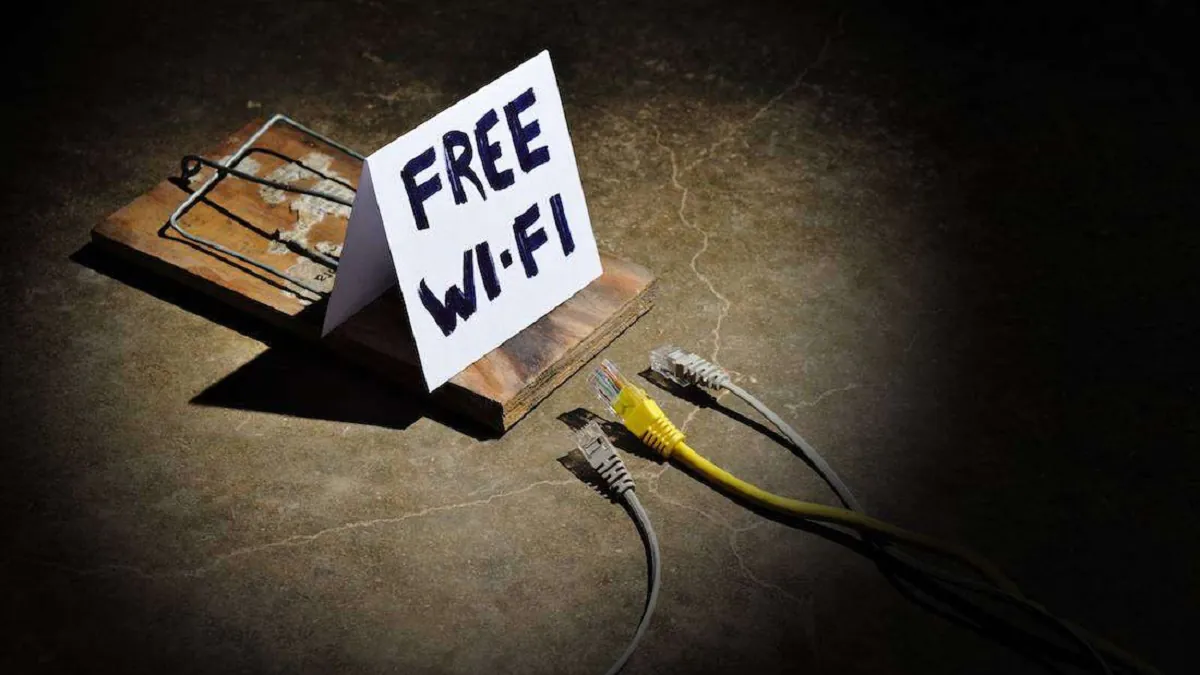
Public Wi-Fi is everywhere these days for our convenience. Whether we are at the airport or a coffee shop, we may connect to a free hotspot to do some browsing online. However, there are risks you should be aware of when using public wi-fi and reasons why you should stop altogether.
Like its name, public Wi-Fi is public. This means anyone and everyone can connect to the network. And who exactly is connected to these networks often goes unchecked. Many people will innocently connect to public Wi-Fi with no “middle man” to protect their privacy. For example, a residential proxy network will keep your data safe from hackers as they act as an intermediary server between your device and the wider web. If you connect to public Wi-Fi without any precautions in place, hackers may be able to access your private and financial information.
The risks go deeper than personal information. Many people will access their email account while on public Wi-Fi, which could be connected to over 130 other accounts, including business accounts. If you are travelling for work and decide to connect to your hotel Wi-Fi to conduct some business, you are at risk of someone gaining unauthorised access to your device over a non-secure network. Cybercrime and data breaches have been on the rise with the average cost of a data breach costing organisations an all-time high of $4.35 million this year.
Public Wi-Fi allows you to access the internet for free and can be found in many popular places such as airports, coffee shops, libraries, hotels, and shopping centres. These free hotspots are so widespread in today’s society that we often connect to them without a second thought. A lot of what we do online requires a log-in, to our social media profiles or our banking account, and this is a risky business while on public Wi-Fi. Once the connection to a public hotspot is established, your device is part of a larger network where other devices on the same network are able to access data that is stored on your device.
There are countless reasons why you should avoid public Wi-Fi for business use, especially if you do not have a tool besides a firewall to protect your activity online.
This is one of the most common threats on unsecure networks. A Man-in-the-Middle attack is a form of eavesdropping where attackers interrupt a conversation between the user and an application or a data transfer. Instead of the connection being between the user and the site or application, there is now an active perpetrator in the middle, relaying information between the two original parties. This allows them to intercept data and also send malicious links that may contain dangerous malware.
Encryption is the process of encoding data so that only authorised parties can understand the information. If you are connected to a residential proxy network, the proxy will encrypt the traffic between your device and the web, offering you a more secure connection. This is why using proxy servers is important for cybersecurity. Public Wi-Fi hotspots are not guaranteed to have encryption set up and there is no surefire way to know this.
Malware is a problem that is nearly as old as the internet itself, but it’s something you should still care about. It is designed to gain unauthorised access to information and systems and interfere with your device’s privacy and security. There are countless types of malware and cybercriminals are always looking for new ways to use it. If connected to public Wi-Fi, software vulnerabilities leave the door open for attackers to install malware onto your device without you even knowing.
These hotspots trick victims into connecting to what they think is a legitimate network because it seems as though it comes from a reputable source. For example, if you are staying at Hotel Tech and want to connect to their Wi-Fi you might click on the wrong option. You might think you’ve connected to “Hotel Tech Wi-Fi” but instead you have connected to a rogue hotspot setup by a criminal who can now view all your online activity and even gain access to your device.
It’s best practice to avoid using public Wi-Fi at all. A few moments of convenience is not worth your sensitive information being stolen. However, if you must use a public hotspot, taking precautions by using a proxy server to facilitate the shared network connection is a great way to avoid cyberattacks. This will ensure your browser is never in direct contact with any sites you visit, strengthening the security of a public network.
Leave a Reply